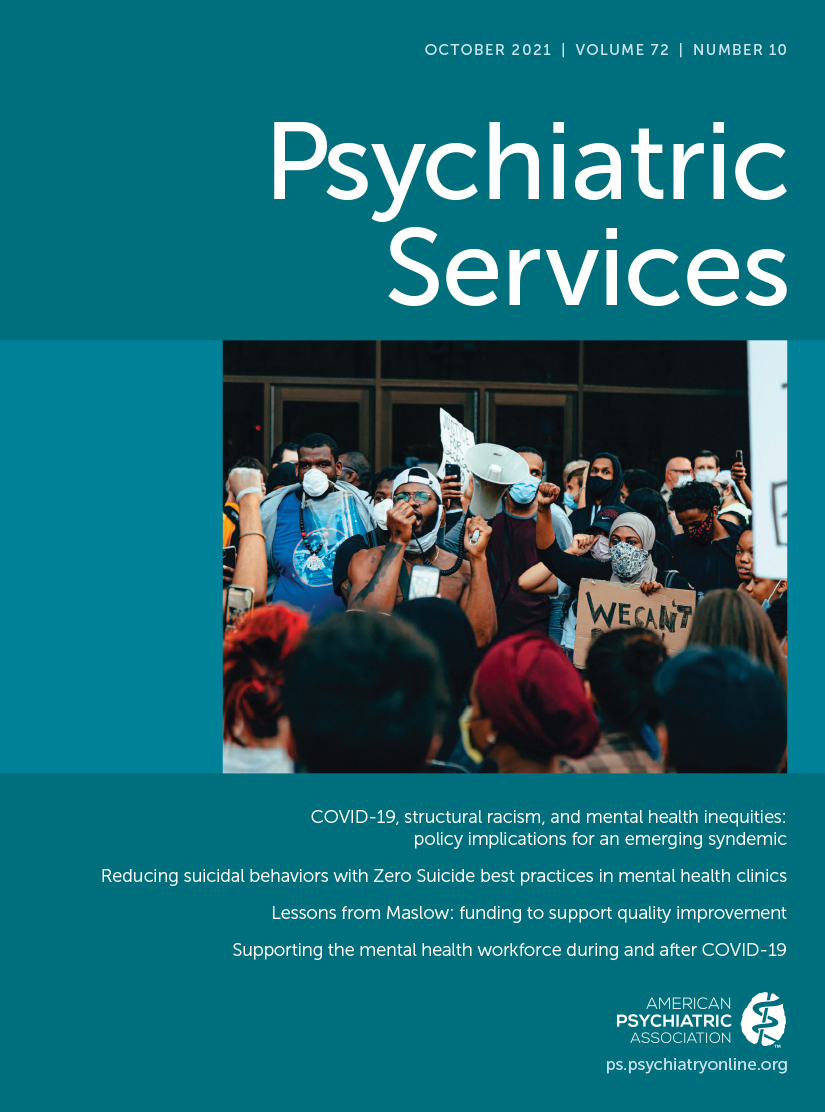COVID-19, Structural Racism, and Mental Health Inequities: Policy Implications for an Emerging Syndemic
Abstract
The complex interactions between the 2019 coronavirus disease (COVID-19) pandemic, structural racism, and mental health inequities have led to devastating health, economic, and social consequences. The intersection of these three conditions, which meets criteria for a syndemic (synergistic epidemics), presents numerous policy challenges—and opportunities. Addressing these issues in a unified manner, using a syndemic theory approach, can lead to significant progress and effective solutions for otherwise intransigent problems in society. This article proposes steps that can be taken to protect “essential workers” and other “vulnerable” populations; engage and empower communities; optimize community-led crisis response interventions; improve data collection about the intersection of COVID-19, structural racism, and mental health inequities; support school-based interventions; expand financial supports for mental health service delivery; expand health care insurance coverage to increase access and lower out-of-pocket costs; and promote workforce diversity. Emphasis on local, state, and federal policy interventions that prioritize equity and justice and focus on collective health and well-being will ultimately lead us on a more sustainable and equitable path.



